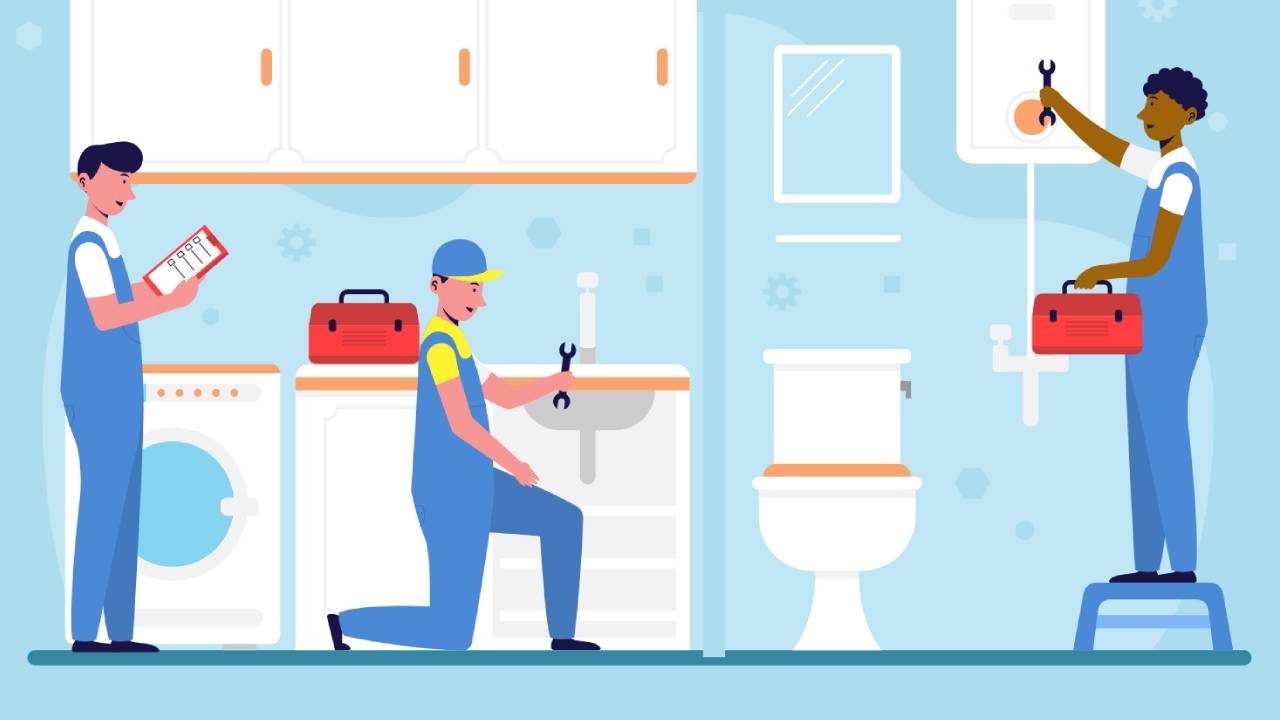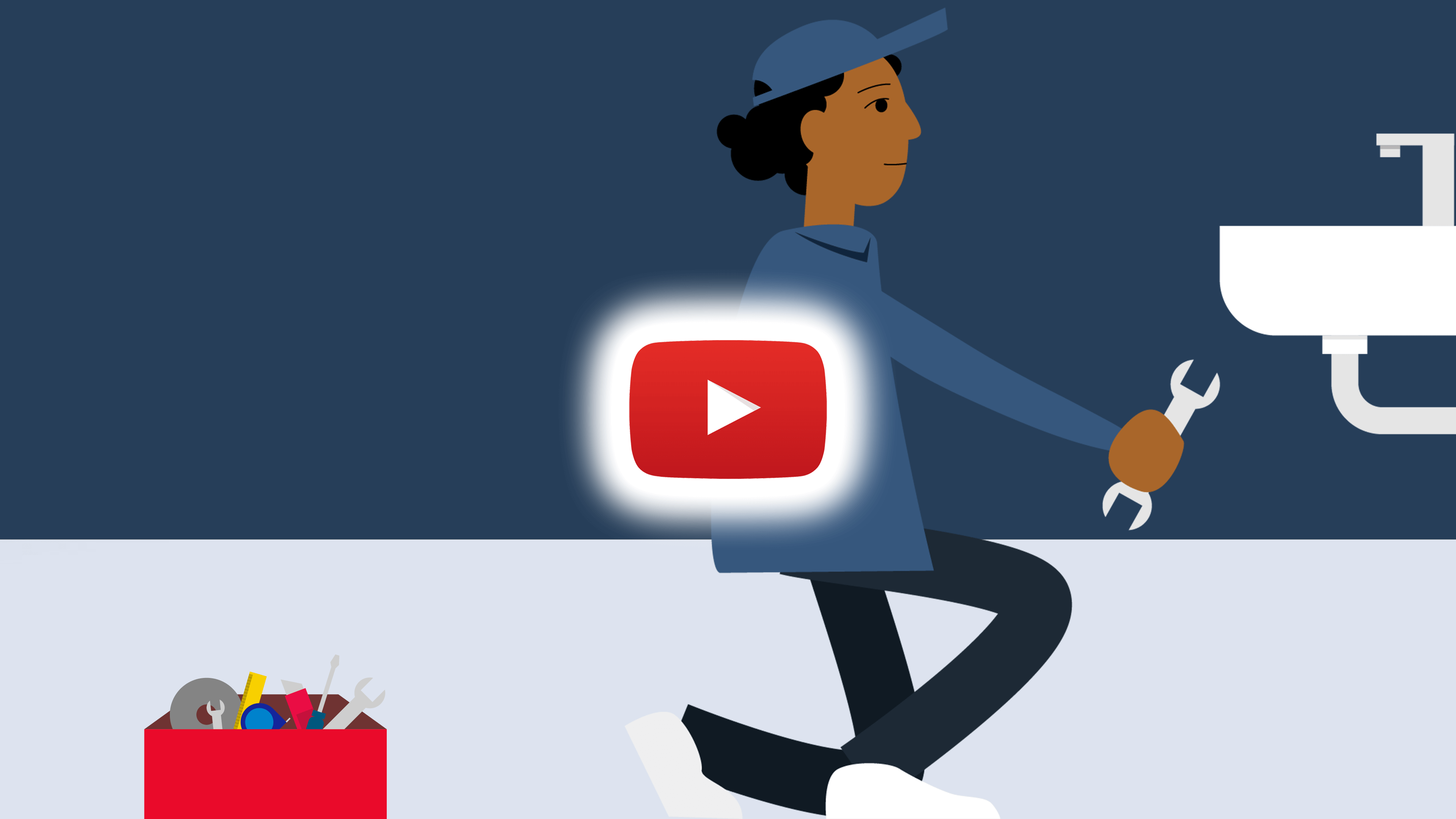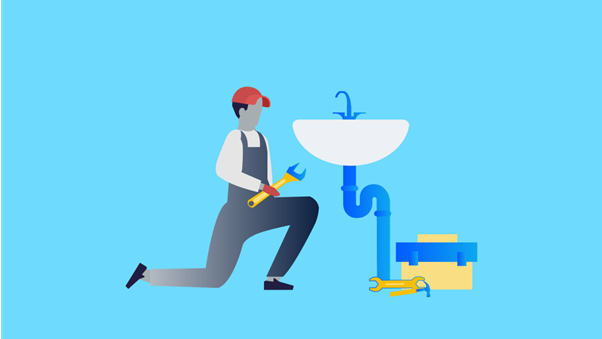In today’s competitive business landscape, customer relationship management (CRM) has become an indispensable tool for businesses across various industries. Plumbers, in particular, can greatly benefit from adopting a CRM system tailored to their specific needs.
A CRM for plumbers enables better organization, streamlined processes, improved communication, and enhanced customer service. In this article, we will explore the importance of CRM for plumbers and delve into the benefits it offers.
1. Understanding CRM for Plumbers

1.1 What is CRM?
Customer Relationship Management (CRM) refers to the practices, strategies, and technologies that businesses use to manage and analyze interactions with their current and potential customers. It encompasses various aspects, including customer data management, sales automation, marketing, and customer service. CRM systems provide a centralized hub to store customer information and facilitate efficient communication and collaboration within the organization.
1.2 Tailoring CRM for Plumbers
While CRM systems are widely used across industries, plumbers have specific requirements that necessitate a customized approach. A CRM designed specifically for plumbers incorporates features and functionalities that cater to their unique needs. These can include job scheduling, appointment management, quoting and invoicing, service history tracking, inventory management, and more. By focusing on the particular needs of plumbers, a CRM solution can optimize their workflow and deliver better outcomes.
2. Benefits of CRM for Plumbers

2.1 Improved Organization and Workflow Efficiency
Implementing a CRM system can bring significant improvements in the organization and efficiency of a plumbing business. Plumbers can centralize customer information, including contact details, service history, and preferences, in one place. This enables easy access to relevant data, allowing plumbers to quickly respond to customer inquiries and provide personalized service. CRM systems can also automate administrative tasks such as scheduling appointments, sending reminders, and generating invoices, reducing manual effort and minimizing errors.
2.2 Enhanced Customer Service
A CRM for plumbers empowers businesses to provide exceptional customer service. With access to comprehensive customer profiles, plumbers can gain insights into individual preferences, previous service requests, and specific requirements. This information enables personalized interactions, leading to increased customer satisfaction and loyalty. Additionally, CRM systems can automate follow-ups, ensuring timely communication and proactive service delivery. Plumbers can also track customer feedback and reviews, enabling them to continuously improve their services.
2.3 Streamlined Communication and Collaboration
Efficient communication and collaboration are crucial for the success of any plumbing business. A CRM system facilitates seamless communication between plumbers, office staff, and customers. Plumbers can access real-time information on their mobile devices, enabling them to stay connected and updated while on the go. The system can also integrate with communication tools like email and SMS, making it easier to send notifications, appointment reminders, and service updates. By streamlining communication channels, a CRM for plumbers ensures that everyone involved is on the same page, leading to better coordination and improved service delivery.
2.4 Data-Driven Decision Making
A CRM system captures and analyzes vast amounts of data related to customer interactions, job histories, sales, and more. Plumbers can leverage this data to gain valuable insights into their business performance. By analyzing trends and patterns, they can identify areas for improvement, optimize resource allocation, and make data-driven decisions. For instance, data analysis may reveal popular service requests or recurring issues, allowing plumbers to proactively address them. Furthermore, CRM systems can generate reports and analytics dashboards, providing a holistic view of the business and facilitating informed decision-making.
3. Choosing the Right CRM for Plumbers

3.1 Key Features to Consider
When selecting a CRM system for plumbers, it is essential to consider the following key features:
3.1.1 Job Scheduling and Dispatching
A robust CRM for plumbers should offer advanced job scheduling and dispatching capabilities. This feature allows plumbers to efficiently manage their appointments, assign jobs to field technicians, and optimize routing for maximum efficiency. Real-time updates and notifications can be sent to both plumbers and customers, ensuring everyone is aware of the scheduled appointments.
3.1.2 Quoting and Invoicing
An effective CRM system should include tools for generating accurate quotes and invoices. Plumbers can create professional-looking quotes based on standardized pricing or customized rates, taking into account factors such as labor, materials, and travel expenses. Integrated invoicing features enable easy creation and tracking of invoices, helping to streamline the billing process and improve cash flow management.
3.1.3 Service History and Documentation
Maintaining a comprehensive service history for each customer is vital for plumbers. A CRM system should allow plumbers to record detailed information about each service visit, including tasks performed, parts used, and any recommendations or notes. This historical data can help in identifying recurring issues, providing better customer service, and offering maintenance suggestions to prevent future problems.
3.1.4 Customer Communication and Follow-ups
Effective communication is key to building strong customer relationships. A CRM system should facilitate seamless communication channels, such as email and SMS integration, enabling plumbers to send notifications, appointment reminders, and updates. Automated follow-ups can also be configured to ensure that customers receive timely feedback, enhancing satisfaction and loyalty.
3.1.5 Mobile Accessibility
In the field service industry, plumbers are often on the move. Therefore, a CRM system with mobile accessibility is crucial. Mobile apps or responsive web interfaces allow plumbers to access customer information, manage appointments, update service details, and communicate with the office team, all while on-site. This mobile functionality improves productivity and responsiveness, leading to better customer service.
3.1.6 Integration Capabilities
A CRM system for plumbers should be able to integrate with other essential tools and software. Integration with accounting software enables seamless synchronization of financial data, facilitating accurate bookkeeping and financial reporting. Integration with communication platforms allows for efficient collaboration and communication between team members. Furthermore, integration with marketing tools can help automate lead generation and nurture campaigns.
3.2 Choosing the Right CRM Provider
When selecting a CRM provider for plumbers, it is crucial to consider the following factors:
3.2.1 Industry Experience and Expertise
Choose a CRM provider that has experience working with plumbing businesses or the field service industry. They will have a better understanding of the specific needs and challenges faced by plumbers, and their CRM solution will likely be tailored to address those requirements.
3.2.2 Scalability and Flexibility
Consider a CRM provider that offers scalable solutions that can grow with your business. As your plumbing business expands, you may require additional features, users, or integrations. Ensure that the CRM system can accommodate these changes and can adapt to your evolving needs.
3.2.3 User-Friendly Interface
A user-friendly interface is essential to ensure smooth adoption and ease of use. The CRM system should have an intuitive design that allows plumbers and office staff to navigate easily, enter and access information quickly, and perform tasks efficiently.
3.2.4 Training and Support
Look for a CRM provider that offers comprehensive training and ongoing support. Proper training will ensure that your team understands how to utilize the CRM system effectively. Additionally, responsive customer support is vital in case any issues or questions arise during system implementation or usage.
3.2.5 Security and Data Protection
Data security is a critical aspect to consider when choosing a CRM provider. Ensure that the CRM system offers robust security measures, such as data encryption, access controls, and regular backups. It is important to protect sensitive customer information and maintain compliance with data protection regulations.
3.2.6 Pricing and Return on Investment (ROI)
Evaluate the pricing structure of the CRM provider and consider the return on investment. Look for a solution that offers a reasonable price based on the features and functionality it provides. Consider the potential benefits, such as increased efficiency, improved customer service, and higher revenue generation, to determine the ROI of the CRM system.
4. Implementation and Adoption
Implementing a CRM system for plumbers requires careful planning and smooth adoption to ensure its successful integration into the business operations. Consider the following steps:
4.1 Identify Goals and Requirements
Define the specific goals you want to achieve with the CRM system, such as improving customer satisfaction, increasing efficiency, or enhancing communication. Identify the specific requirements and functionalities that align with your goals to ensure the CRM system meets your business needs.
4.2 Data Migration and Integration
If you have existing customer data stored in other systems, ensure a smooth transition by migrating the data to the new CRM system. Work closely with the CRM provider to streamline the data migration process. Additionally, integrate the CRM system with other essential tools and software used in your plumbing business for seamless data flow and enhanced efficiency.
4.3 Training and User Adoption
Provide comprehensive training to your team members on how to use the CRM system effectively. Ensure they understand its benefits, functionalities, and how it aligns with their roles and responsibilities. Encourage user adoption by addressing any concerns, providing ongoing support, and emphasizing the positive impact it will have on their daily tasks.
4.4 Continuous Evaluation and Improvement
Regularly assess the performance of the CRM system and its impact on your plumbing business. Collect feedback from your team members and customers to identify areas for improvement. Stay updated with new features and updates from the CRM provider and make necessary adjustments to maximize the benefits of the system.
Conclusion
Implementing a CRM system specifically designed for plumbers can revolutionize your business operations and customer service. By streamlining workflows, improving communication, and providing valuable insights, a CRM for plumbers enhances efficiency and boosts customer satisfaction. Take the time to evaluate your options, choose a suitable CRM provider, and ensure a smooth implementation process. Embrace the power of CRM and leverage it to take your plumbing business to new heights of success.





